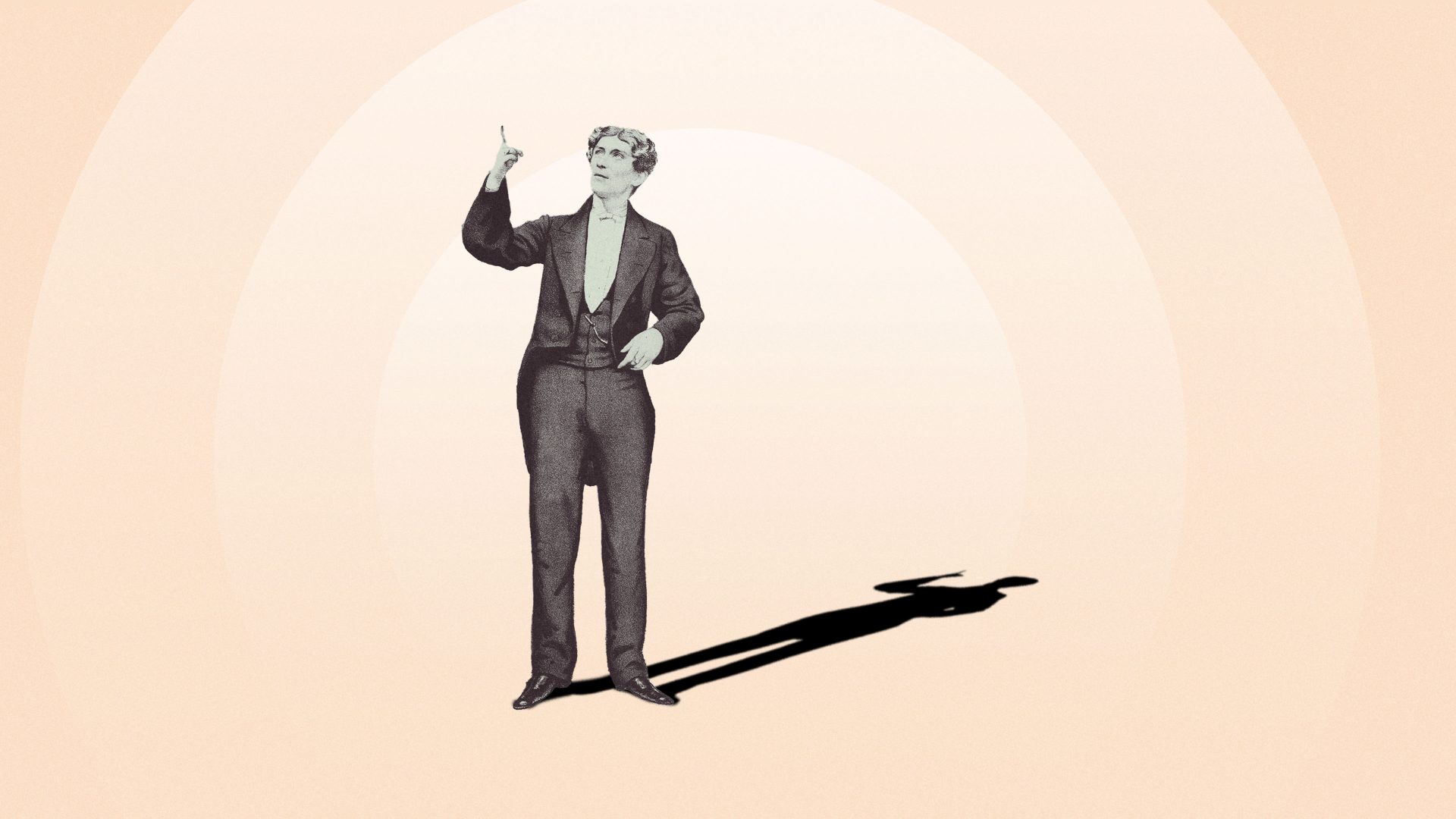I first noticed him in one of the local parks assiduously picking up litter. And this wasn’t look-at-me David Sedaris-style litter-picking, but refuse collection well below the radar: a tousle-haired man in his late forties, stylishly dressed – if, that is, you like very comfortable and very separate separates – it was immediately clear from his constant basso singing and lolloping gait that he was a person who found succour in park- and street-life.
Once noticed, he became like a wild card forced from the fanned deck of the city, and I began to see him everywhere – and not just see him, hear him as well; because besides the singing he plays the recorder. We moved last autumn, and seem to’ve entered more deeply into his territory – every morning now, he comes down our new road, presaged by either his piping or his singing.
His voice is, I think, quite lovely – full of light and dark tones, as well as effortlessly vibrato; both with his intoning and his instrument he seems to me to be addressing the world in a profound way: saluting its manifestations, while simultaneously summoning it into being. He sings wordlessly and plays scraps of what might be recognisable tunes and melodies, but subsumes them to ceaseless – and ceaselessly inventive – improvisation. This really isn’t hyperbole – and the rubbish-removal service has to be part of the same undertaking: an immediate and creative engagement with the environment that seems akin to the poesis of some Ancient Greek bard, or an Australian Aboriginal “singing up” the country rather than any mundane contemporary cultural activity.
To be blunt, he’s easily the best eccentric neighbourhood street person I’ve ever had. I realise this sounds a little bizarre – clearly, it isn’t all about me – while implying the same state of deranged affairs as Woody Allen in his screen parody of Russian novels, Love and Death. The Allen character’s only friend in the film is the so-called village idiot, who leaves home solely in order to attend a village idiots’ convention. The joke is, of course, no joke at all – but a nod to the philosopher Michel Foucault, whose Madness and Civilisation (1961) argued that the latter was in a continuous process of “othering” anyone tainted by the former.
Put bluntly: industrialised societies can’t cope with the crazy in public any more than they can with the crapulent in the workplace: efficiency demands that we behave.
A fortnight ago I was writing about the web’s ability to effect a strange convergence between reality and psychosis – and the implication of this would seem to be that al fresco ranters were a thing of the past. Not a bit of it. In the early days of hands-free mobile phones, it was difficult to know if someone were psychotically soliloquizing in the street, or talking to an absent – but for all that, perfectly real – person.
But now you often see people who’re clearly psychotic and talking on a mobile phone at the same time, because for all the tit-beating about parity of esteem in the NHS, and the endless parade of celebrities ready to exhibit their emotional scars as if they were stigmata, the fact remains that “care in the community”, when it comes to the mentally ill, remains oxymoronic – while “care” in psychiatric hospitals and wards is nothing more than incarceration.
Anyway, he’s out there as I type – for having processed along our road beautifying it simultaneously in several ways, the Piper at the Gates of Dawn – as we’ve taken to referring to him – assumes his workstation for the day: a median strip at a busy intersection. Here, often with a national flag of some kind draped around his shoulders (he favours the sun-and-stripes of Kurdistan, although I know he isn’t a Kurd), he serenades the stressed drivers and pressurised pedestrians. It’s a measure of the forceful soothing feeling he projects that I’ve never seen anyone hassle or berate him – on the contrary, more often than not, passers-by either stop to congratulate him on his efforts, or even hail him happily through their car windows.
Some years ago Transport for London initiated a programme whereby you can apply to be a busker on the tube, and if you pass the audition you’re assigned a given pitch for a given time slot. My modest proposal would be that the eccentric – and quite possibly, psychotic – should be afforded similar opportunities to express themselves publicly. Of course, the official buskers tend to be of a certain type – properly trained, and usually playing along to backing recordings, rather than toothless old soul men and women bashing battered guitars and belting out Streets of London.
Hopefully, we can avoid this with the new project to normalise eccentricity – although, having expressed the ambition, I realise it, too, is oxymoronic.



